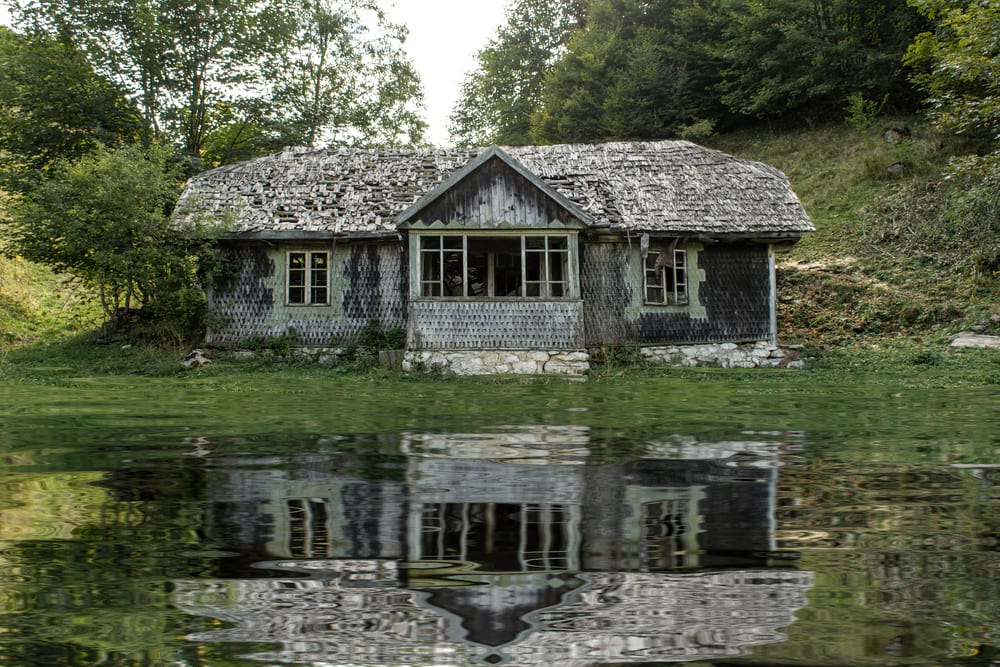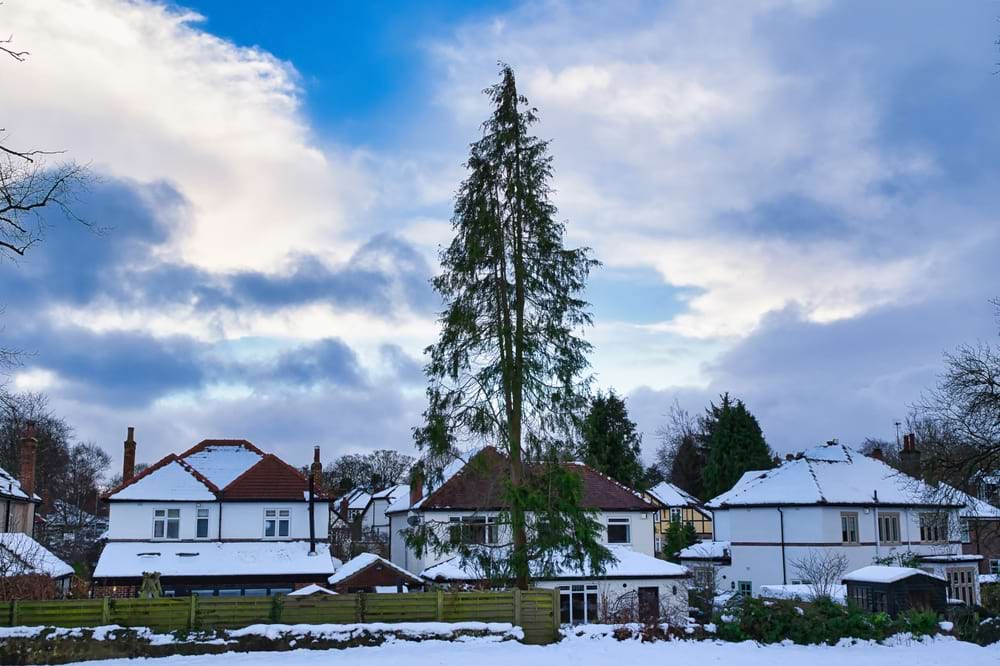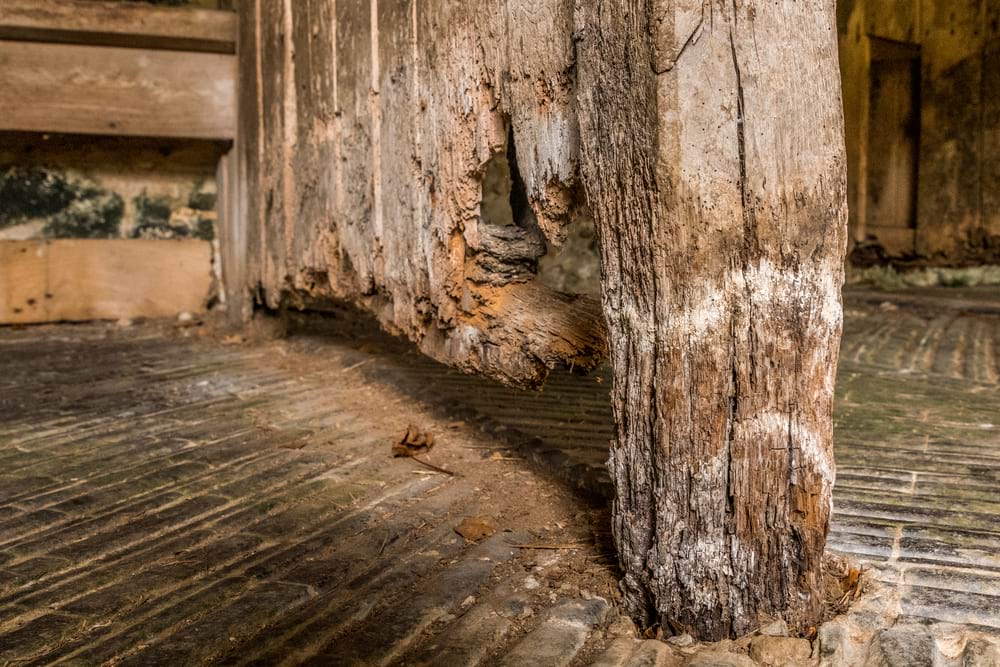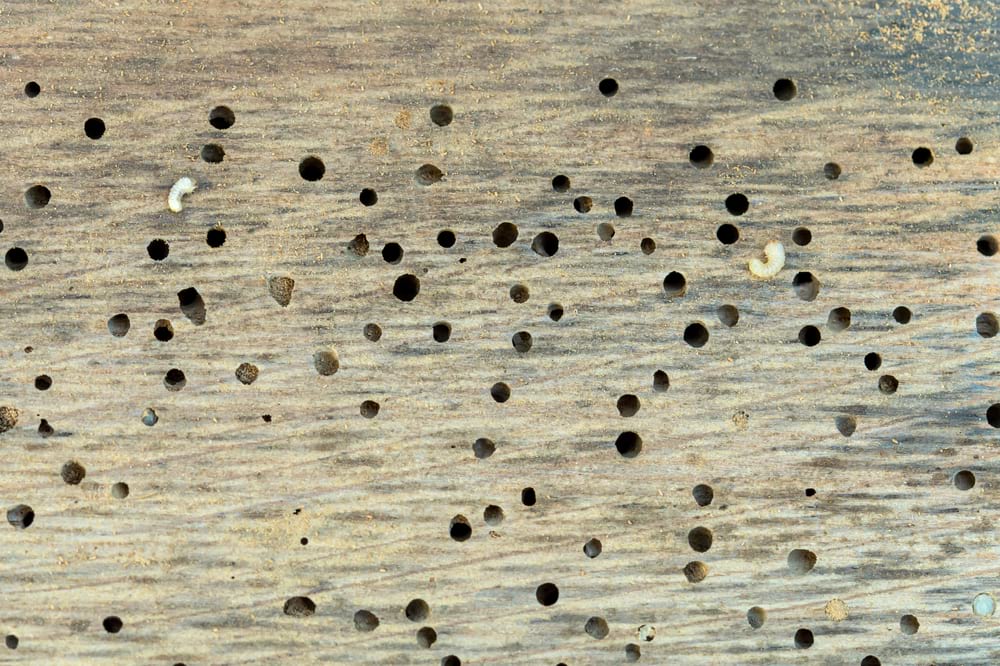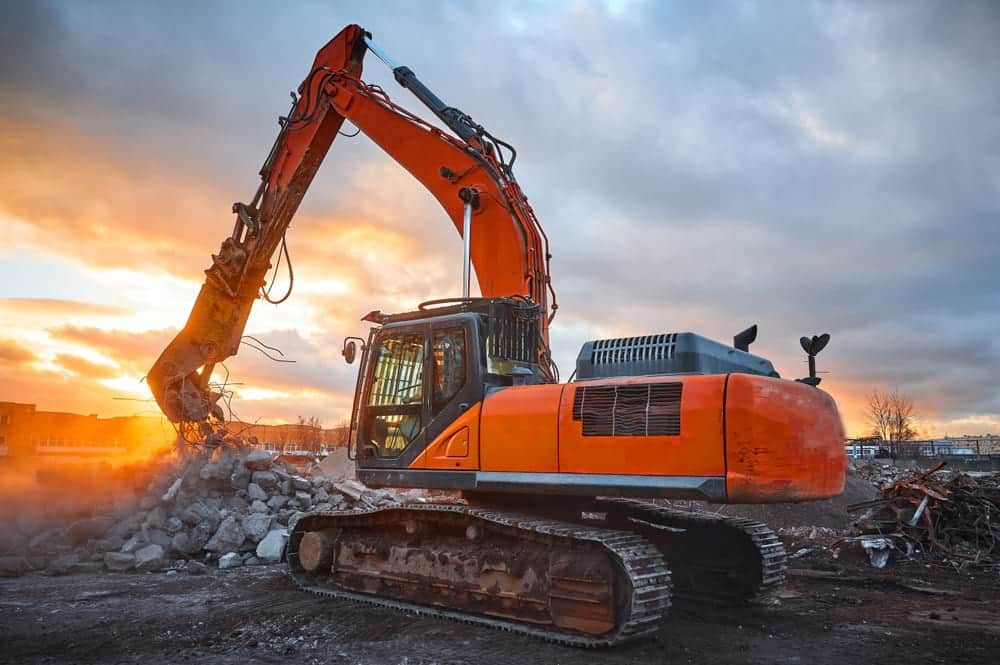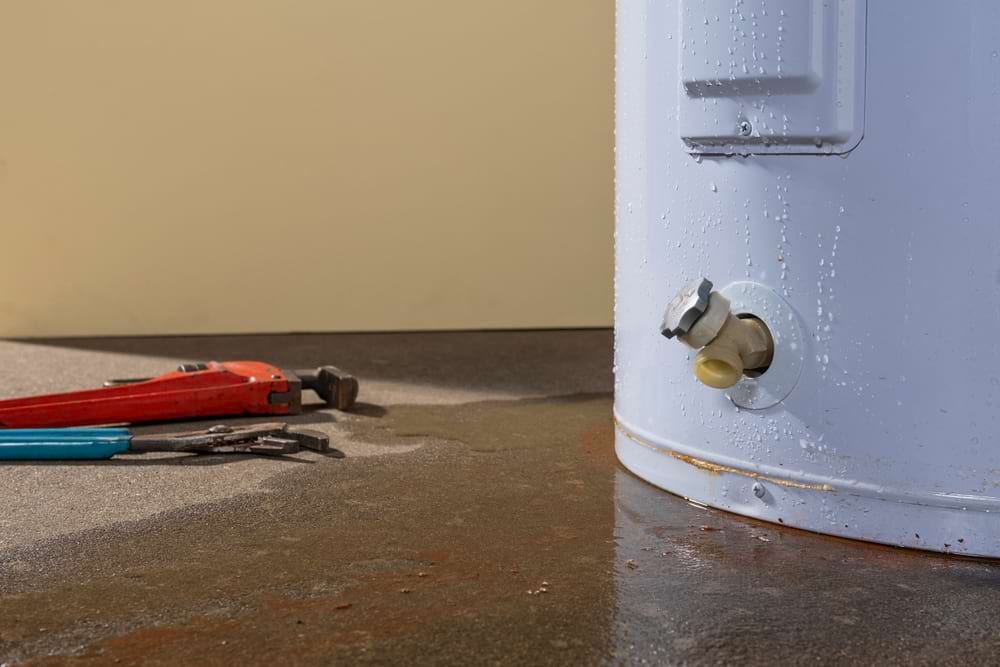Britain has some very old houses.
Some have been standing for over a millennia – a testament to how well they were built and maintained.
However, most buildings don’t enjoy the same fate.
Some fall into such a bad condition that they become condemned.
But the full implications of this can be complicated and time-consuming!
What is a condemned house?
A house is condemned when it poses a health risk to the public.
Local authorities will usually classify it as uninhabitable. This occurs after an in-person inspection of the premises.
Once a house is condemned, there will be limitations moving forward, such as:
- People may no longer be allowed to live there
- The house could be ordered for demolition.
It’s rare for a house to reach a point of condemnation overnight. It’s usually a serious situation built up over several months or years.
Derelict vs condemned
Derelict properties are considered uninhabitable but not necessarily unsavable.
Many – but not all – condemned buildings become derelict before being condemned.
However, some are bought and rennovated (or remodelled) back into good condition.
How common are condemned houses?
It’s difficult to find precise data on how many houses are condemned each year.
In recent years, this has varied from 3 – 6,000 houses per year were demolished across the country. Back in 1968, this figure was an incredible 68,000.
However, this does not always mean that buildings were condemned. Some are knocked down simply to make way for new developments.
In 2023, there was controversy about 1,008 London properties perhaps being wrongly categorised as condemned to make way for new developments.
Condemned houses are more common in areas with a lot of old housing stock, especially if they were a part of a mass housing project. For example, for BISF houses.
Reasons a House Becomes Condemned
1. Structural issues
Major structural problems are one of the most common reasons for houses being condemned.
Structural damage poses a serious risk not only to inhabitants but also to nearby people and properties.
Any risk of collapsing will often trigger a property to be condemned.
2. Pest infestations
Major pest infestations can pose a big problem. Rodent, insects and plantlife can damage walls, roofs, and foundations, which may cause a building to collapse.
There is often a risk that they will spread to nearby properties (as in the case of Japanese knotweed) or pose a risk to public health.
Fungi infestations (such as dry rot and wet rot) can damage and even destroy the foundations and structures of buildings.
3. Failure to meet building codes
Building codes exist to keep people safe. They come in different forms, including ones related to issues such as:
- Foundations.
- Fire escapes (more common in public or commercial property)
- Gas detectors
- Fire alarms.
Non-compliance may be due to the owner or the building professional they hired. Or it could simply be down to the building’s age.
4. Extreme damage or dilapidation
Major damage to your property is perhaps the most common way it gets condemned. This could be done by badly behaved tenants, squatters, or vandals.
It may also happen if a property is vacant for a long period. Or because of rare events like floods or even lightning strikes.
5. Fire hazards
Active fire hazards relating to your property will result in it getting condemned.
This is because it could set fire, and spread to other houses nearby, putting everyone at risk.
This includes the presence of flammable liquids. It also covers faulty appliances or combustible materials.
What happens next if a house is condemned?
The local council will order what must happen to the property. This is not negotiable.
In many cases, people will be forbidden from living there. The council could also make repairs compulsory to bring the property up to scratch.
The local council has the authority to seize the house. This means they’ll take it into their ownership.
Ordering a demolition for the house happens in the worst-case scenarios.
Can you buy a condemned house on the open market?
Yes, it’s possible to buy a condemned house. However, it’s rare for this to be listed on the open market via an estate agent.
That’s because mortgage companies won’t lend on this property type. You’ll need to be a cash buyer to buy it.
You should get confirmation about the stage of condemnation the house is at.
For example, has repair work started? And if not, what does this involve? Are there any deadlines that need to be met?
Hire a professional inspector to assess the damage and potential cost. Get support from a solicitor who can help to combat challenges.
Get clarification about why the house was condemned exactly. And try to get familiar with the local regulations.
In most cases, a condemned house will be listed for sale through an auction company.
Should I sell my house if it becomes condemned?
Whilst selling a house in bad condition is straightforward, selling a condemned one is harder. It depends on many different factors.
To start with, you may not be allowed to sell the house. This applies if the council takes ownership away from you. Or if they don’t permit a sale until certain steps are taken.
If you’re allowed to sell, weigh the pros and cons. For instance, you’ll need to drastically reduce the selling price, and only cash buyers will be applicable. Some buyers might simply want the property’s land.
You’ll also need to consider your personal and financial circumstances. Do you have the money to pay for the fixes yourself? And is it worth your time and money to do so?
There are also legal risks involved with any condemned property. You should speak to a solicitor or lawyer who specialises in this area.
Selling condemned properties
It’s highly unlikely you’ll manage to sell a condemned property on the open market. Most estate agents won’t take on the task of trying to sell it.
Instead, the three main options are:
- Private sales: If you happen to know someone willing to buy it
- Auction houses: Buyers bid for properties at these, and they often specialise in homes in poor condition.
- Cash buyers: These are often specialist companies (like We Buy Any Home) who can quickly buy all kinds of properties.
How is a condemned house valued?
In many cases, the land’s value is based on the valuation because the property on top of it cannot be inhabited.
In other cases, valuers will consider:
- The extent of the damage
- Whether it’s possible to fix it
- How much it’ll cost to fix it.
Each independent valuer has their own methods. You should get an opinion from several experts.
This helps you to find a realistic average.
